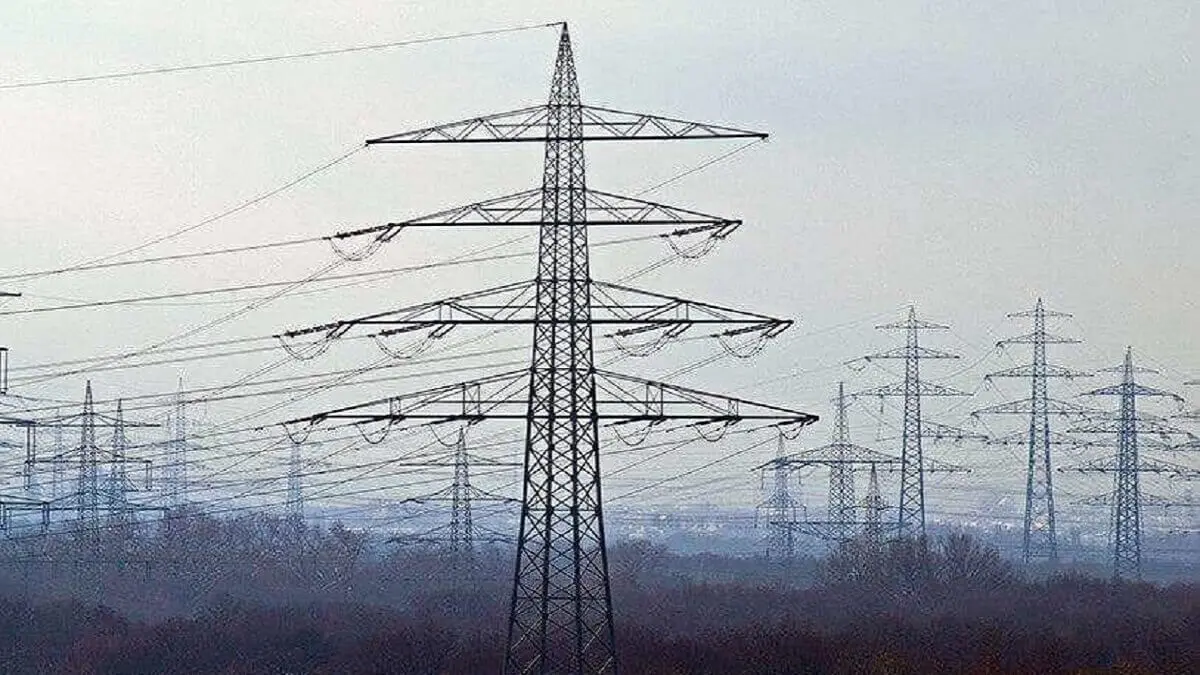An unprecedented blackout paralyses Spain and Portugal and affects south-west France

Spain and Portugal are affected by a massive blackout that has left millions of people without electricity, including their capitals, Madrid and Lisbon. The power outage has also affected parts of southwestern France.
The power outage, which occurred during the morning, knocked out rail traffic, metro networks, telephone lines, traffic lights and ATMs. The exact number of people affected has not yet been determined, and the cause of the blackout is still under investigation.
In response to the seriousness of the situation, the Spanish government called a crisis meeting at the Red Eléctrica headquarters, attended by Prime Minister Pedro Sánchez and the ministers of finance, environment and transport. The government described the event as ‘the worst blackout in the country's recent history’ and assured that it is dedicating ‘all available resources to resolve it as quickly as possible’.
BREAKING: Massive -- really, massive -- electricity outage hits Spain, which large part of the country suffering blackouts (including Madrid and Barcelona).
— Javier Blas (@JavierBlas) April 28, 2025
Data from Spain's national grid shows a lost of >10 GW of demand, from ~26GW to ~12GW in a few seconds. Reason unknonw. pic.twitter.com/KwvDxOOLQJ
At the same time, the National Cybersecurity Institute launched an investigation to determine whether the incident could have been caused by a cyberattack, while the National Security Council also met to address the problem. For its part, Red Eléctrica reported that it had managed to restore power in some areas in the north and south of the country, although it warned that it could take between six and ten hours for services to return to normal.
In Portugal, the prime minister's office held an emergency meeting at the official residence to analyse the blackout, which widely affected Lisbon and various regions in the north and south of the country. Portuguese operator REN confirmed that the entire Iberian Peninsula was affected. Minister António Leitão Amaro said the problem may have originated in the Spanish distribution network.
Transport and telecommunications infrastructure suffered serious disruptions: Spanish rail operator Adif reported a total shutdown of rail traffic; Aena reported several incidents at airports; and mobile and internet networks stopped working in large areas.
This is what a power outage in Europe looks like: subways and airports are down, and the streets are in chaos.
— Jürgen Nauditt 🇩🇪🇺🇦 (@jurgen_nauditt) April 28, 2025
According to the latest information, the power outage affected not only Spain and Portugal, but also parts of France, the Netherlands, and Belgium. What exactly… pic.twitter.com/DXrwlb5i26
In Madrid, traffic lights failed, causing serious disruption to traffic, and the Directorate-General for Traffic (DGT) urged drivers to avoid travelling. The Madrid metro was also paralysed, as was the Lisbon metro, where several carriages had to be evacuated. Similarly, ATMs and electronic payment systems were also rendered unusable in both capitals.
From Brussels, the European Commission expressed its concern and said in a statement that it was ‘in contact with the national authorities in Spain and Portugal, as well as with the European network of operators ENTSO-E to understand the underlying cause and impact of the situation’. European Commissioner for Energy and Housing Dan Jørgensen said via X (formerly Twitter) that ‘following the massive blackout, we are ready to help Spain and Portugal restore their systems’.
Following the massive blackout, we stand ready to support Spain and Portugal in putting their systems back on track.
— Dan Jørgensen (@DanJoergensen) April 28, 2025
Power is already back in some regions. Network operators and @ENTSOE doing everything possible on the ground.
Solidarity and unity are key for our #Energy Union.”
For her part, European Commission President Ursula von der Leyen reaffirmed Brussels' commitment to closely monitor developments in coordination with national and European authorities and the Electricity Coordination Group. “We will coordinate efforts and share information to contribute to the rapid recovery of the electricity system, and we have agreed to remain in close contact,” she said.








